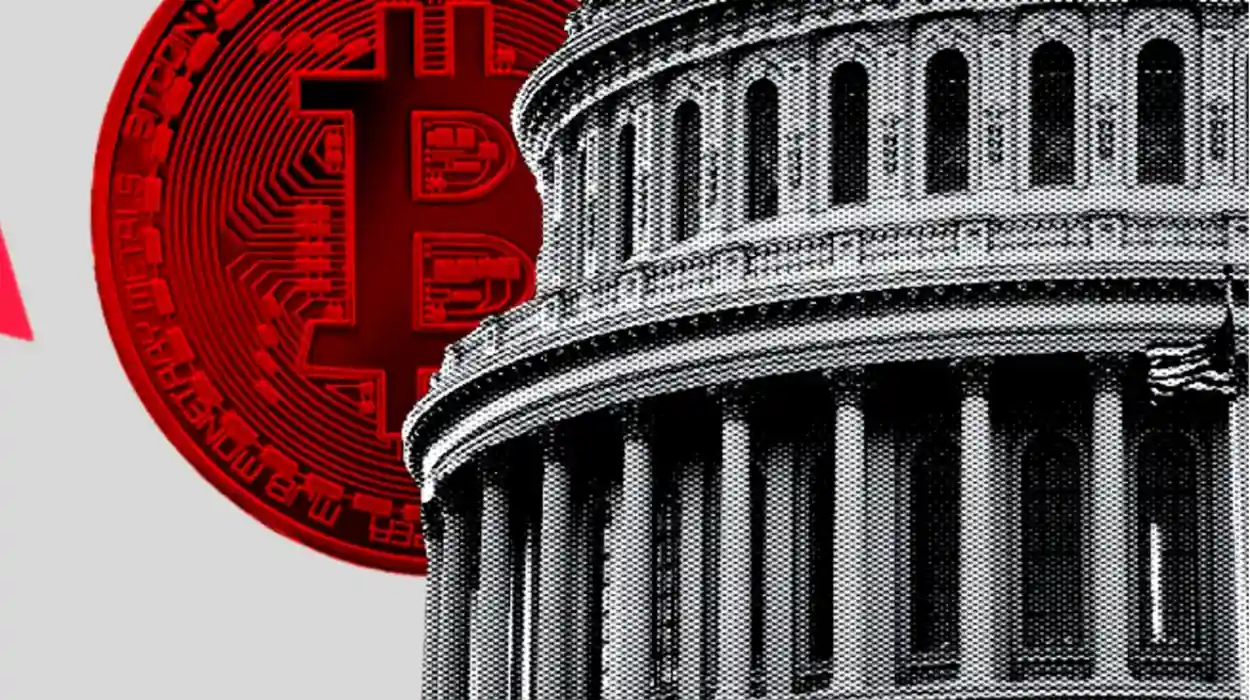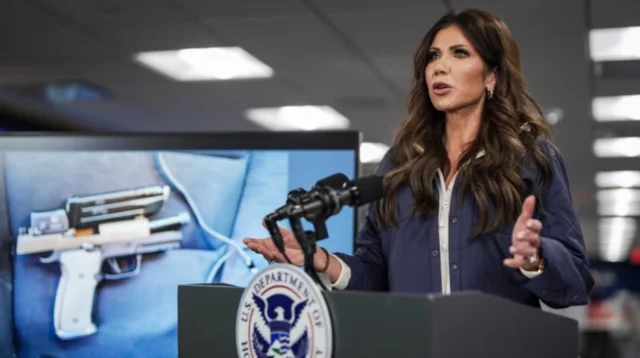The Guiding and Establishing National Innovation for US Stablecoins (GENIUS) Act is in danger of being stalled by suggested modifications, especially those pertaining to credit card fees; therefore, cryptocurrency advocates are encouraging Congress to enact it as soon as possible.
Some senators had hinted that they could try to make changes, which prompted the drive. However, before the measure is done, politicians have been pressured by crypto lobbyists to adopt the bill.
As early as this week, the bill may be approved by the Senate. On May 19, it passed a procedural vote, meaning it had sufficient support to move on to the House. A statement about the GENIUS Act was released today by the leaders of the four biggest associations representing the digital asset sector.
Cryptocurrency institutions are backing lawmakers to push through the GENIUS Act
Prominent crypto advocacy organisations, including the Blockchain Association, the Digital Chamber, the Crypto Council for Innovation and the DeFi Education Fund, issued a joint statement on June 2, insisting legislators continue their amazing work in order to present the proposal in the House.
The organisations said they respectfully want lawmakers to stick to the bill’s fundamental objective, which is to provide a focused and all-encompassing approach to stablecoin supervision as it moves through the amendment process.
A number of Democratic members who had earlier backed out of the measure have changed their minds, pointing to President Donald Trump’s connections to the cryptocurrency industry, namely a stablecoin introduced by his family’s cryptocurrency company.
The stablecoin proposal may now encounter a snag in credit card fee legislation, even if it is claimed that the bill has enough support to move on to the House. The proposal, which is fiercely opposed by banks and card firms, would require payment networks such as Visa, Mastercard, and American Express to compete on merchant processing rates.
Banks and card networks have strongly opposed the plan, arguing that it is an example of government overreach. Meanwhile, proponents of cryptocurrency are battling to prevent the off-topic credit card amendments from destroying their long-awaited success and turning the vote into a political minefield.
According to Terrett’s research, if a deal is not reached, administrative obstacles would likely slow down everything and postpone final approval until June 9. Crypto lobbying organisations are still optimistic that the GENIUS Act will pass and give stablecoin issuers and consumers in the US the long-needed legislative clarification despite mounting political tensions.





